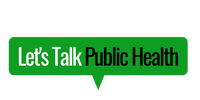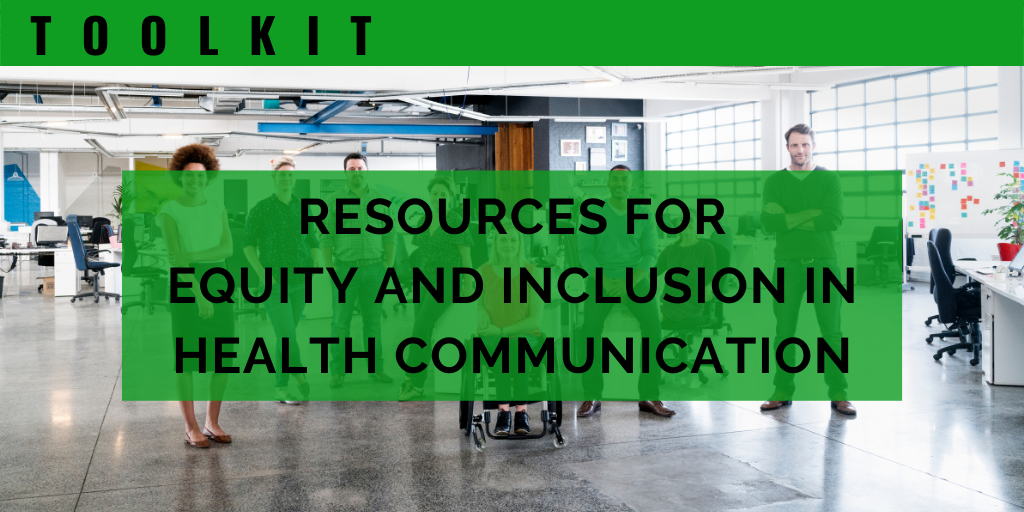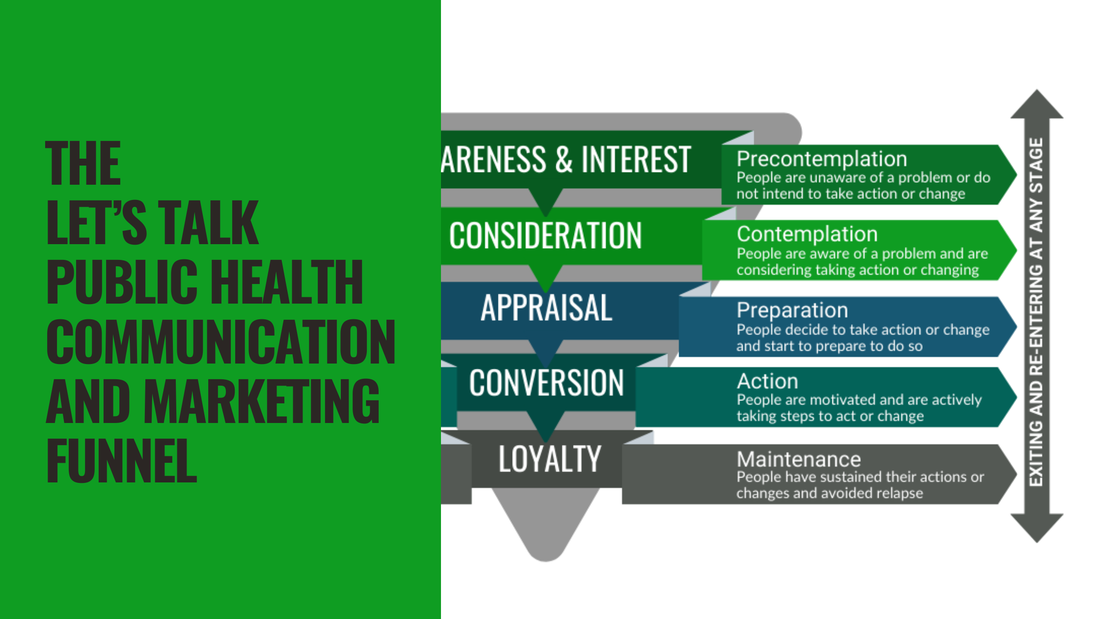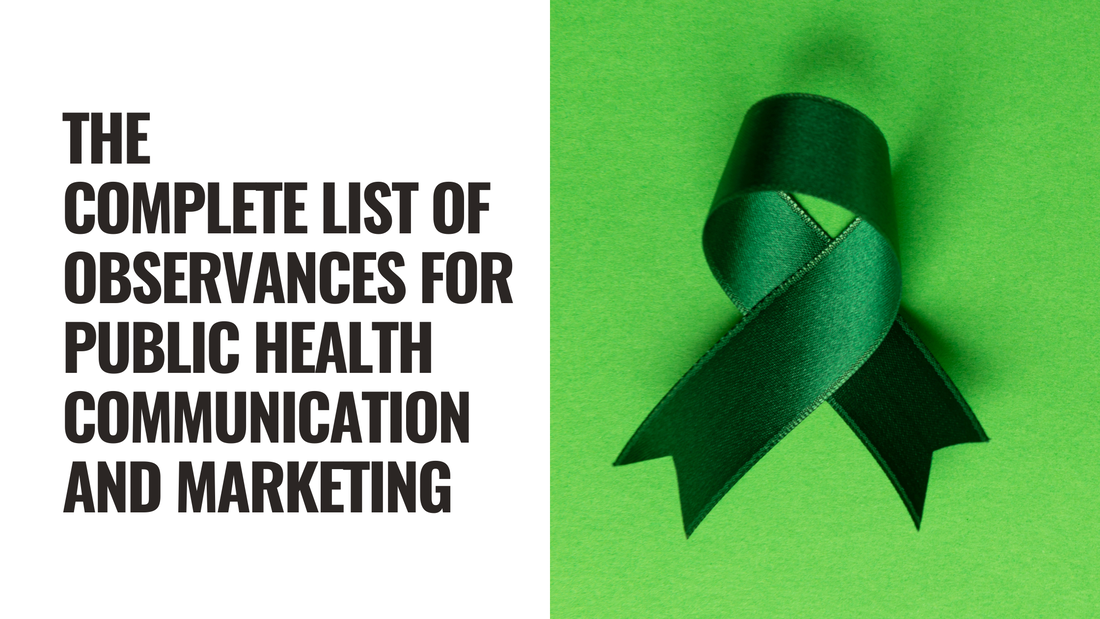|
Climate change and its impacts are some of the biggest environmental, health, and societal issues our society is facing today. Our environment is experiencing more natural disasters such as heat waves, floods, and other increased extreme weather events. The environmental damage impacts public health in the form of access to safe drinking water, clean air, adequate and healthy food supply, safe shelter, and resources.
0 Comments
Cultural and linguistic competence in health communication is a must. Public health professionals must ensure that the health information, advice and guidance we provide recognizes and accounts for diversity in culture and language within target audiences. This is true when engaging with communities, cross-sector partners, and fellow professionals.
Finding, understanding, and using health information (health literacy) is essential to positive health outcomes and the ability to make healthy choices. Adequate health literacy can help prevent health complications and better manage them when they arise. Health literacy is an important aspect of people successfully navigating the health space and for communicators to effectively engage or educate their audiences.
Public health professionals have excelled at raising awareness of critical health and social issues, but translating that awareness into concrete action and change is much more challenging. We want to help bridge this gap with the launch of the Let’s Talk Public Health Communication and Marketing Funnel.
Observances present a powerful tool for social marketing, health education, health promotion, and health marketing. Health awareness and action days, weeks, and months provide designated periods of time for helping to raise awareness of, mobilize resources for, and celebrate advancements in addressing important public health topics and issues.
|
�
Learn about our blog submission guidelines. >>
The views and opinions expressed by individual authors on this blog are their own and do not necessarily reflect the official policy or position of Let's Talk Public Health.
Categories
All
|
|
Highlights
Explore
Connect
|
© 2024 Let's Talk Public Health, LLC. All rights reserved. | View our Privacy policy | Terms of service | Disclaimer | Editorial policy.






 RSS Feed
RSS Feed